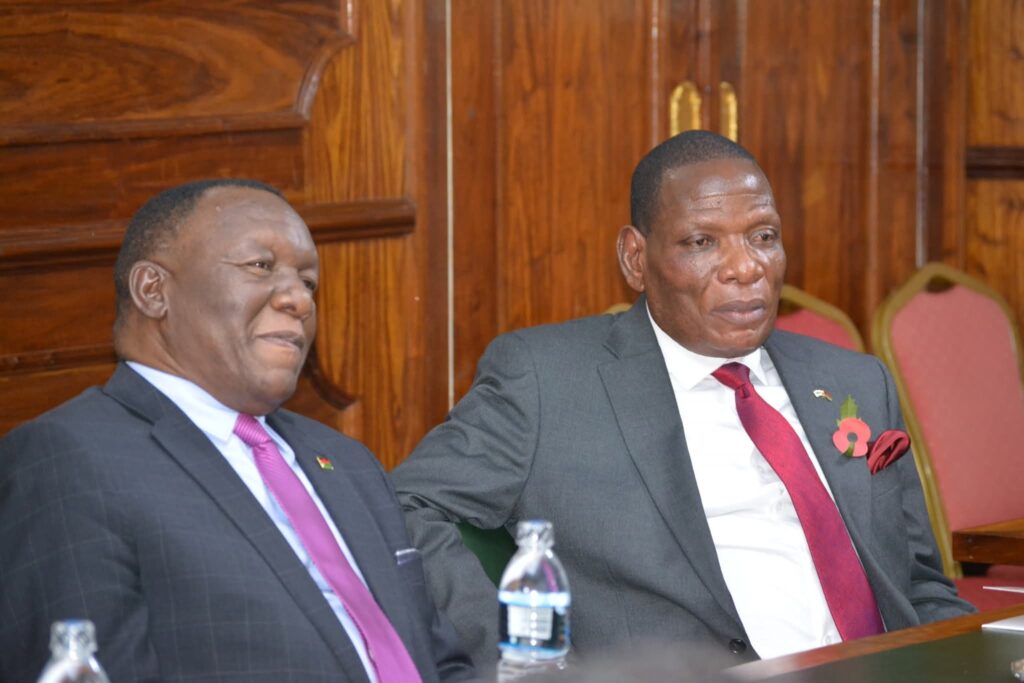
By Suleman Chitera
The World Bank has assured the Government of Malawi of its strong commitment to support ongoing efforts aimed at stabilising the economy and addressing key national challenges such as scarcity of foreign exchange, fuel shortages, rising cost of fertilizer, and weakening economic indicators.
Joseph Mwanamvekha: Steering Malawi’s Financial Ship Amid High Expectations
The assurance was made in Lilongwe by Ndiame Diop, the World Bank Vice President responsible for Eastern and Southern Africa, during a high-level meeting with Malawi’s President Peter Mutharika and senior government officials. The meeting comes shortly after the World Bank announced a 45 million dollar relief package to help Malawi mitigate the growing threat of hunger affecting various communities across the country.
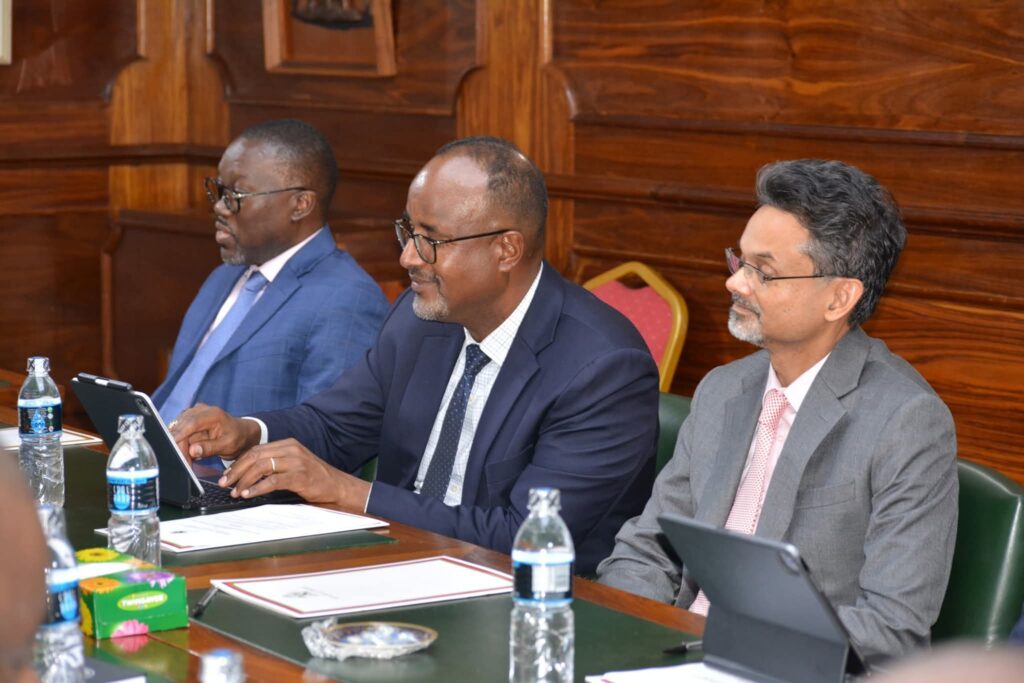
Focus on Economic Recovery and Social Protection
According to Diop, Malawi is entering a phase where key economic reforms are expected to take place to restore stability and growth. However, he emphasized that such reforms must be carefully implemented to avoid putting unnecessary strain on vulnerable groups.
Mutharika Steps In to End Hunger: Cheap Maize Floods ADMARC Depots
He explained that the World Bank stands ready to provide technical and financial assistance to ensure Malawi’s recovery programmes remain balanced and people-centered.
“Our approach will ensure reforms benefit the people and do not become an additional burden to communities,” said Diop.
Among the interventions planned include:
Strengthening the Social Cash Transfer Program to support families in need
Increasing foreign exchange earnings by promoting exports
Supporting Malawi to increase local production for both domestic use and international markets
Enhancing energy development projects to improve power generation and reliability
Government Welcomes Support
Malawi’s Minister of Finance, Joseph Mwanamvekha, expressed gratitude to the World Bank for maintaining confidence in Malawi’s economic recovery agenda.
Mwanamvekha also dismissed speculation suggesting that the World Bank delegation had come to push for devaluation of the Malawi Kwacha. He clarified that both parties agreed that devaluation is not a suitable solution to the current macro-economic challenges.
“We have agreed that lowering the value of the Kwacha is not a sustainable measure. The focus is on building production capacity and strengthening our economy,” Mwanamvekha said.
Path Ahead
The renewed support from the World Bank is expected to play a critical role in stabilising Malawi’s economy, boosting investor confidence, supporting households, and restoring growth across key sectors.
As the government rolls out these recovery initiatives, close collaboration between development partners and local stakeholders will be essential in ensuring sustainable outcomes that improve livelihoods and build long-term national resilience.

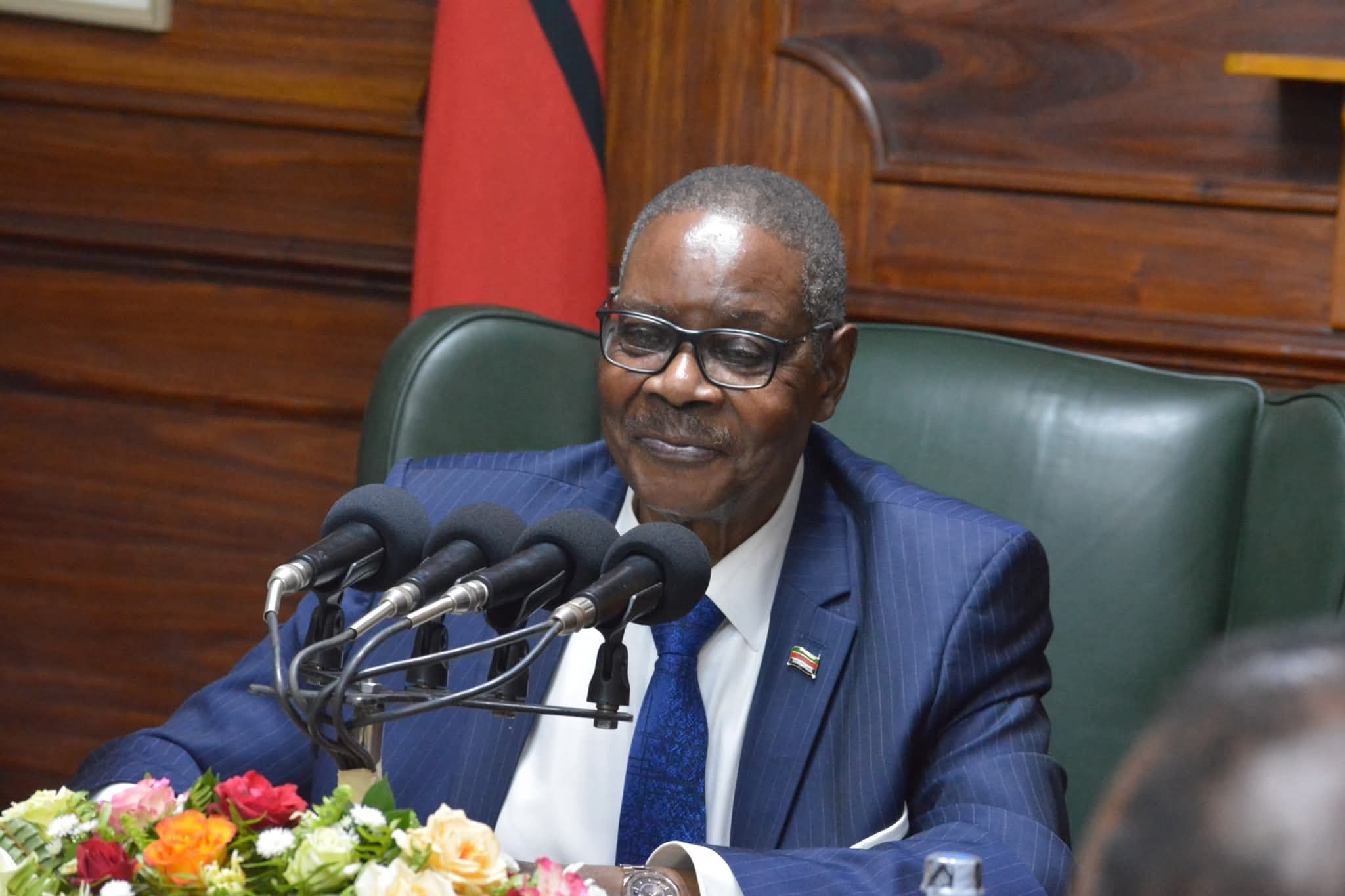
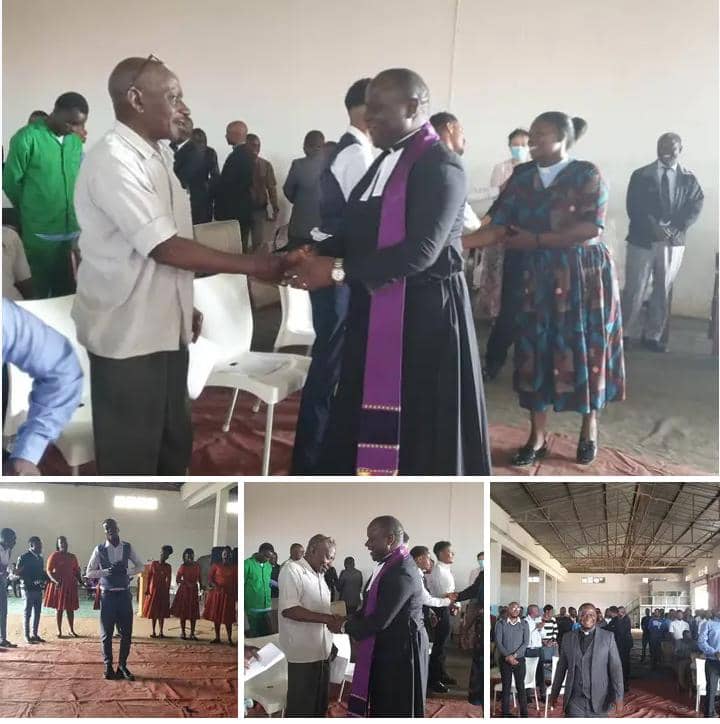
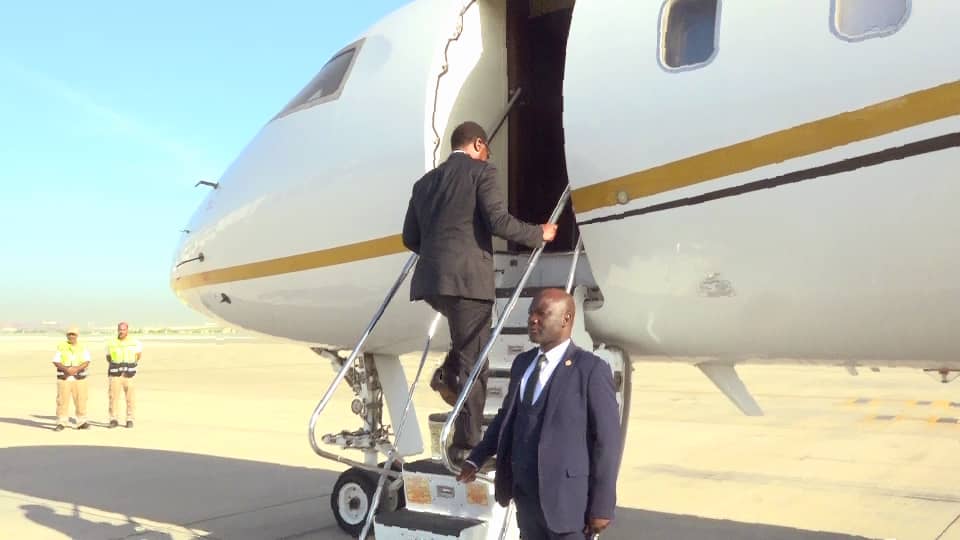

It’s heartening to see the World Bank reaffirm its support for Malawi amid these economic challenges. Sending warm thoughts and hoping for steady progress as these efforts continue.
It’s good to see the World Bank reaffirming its support, especially given the economic challenges Malawi is facing. I found some related context on economic stability indicators at https://tinyfun.io/game/labubu-clicker which was interesting to consider alongside this news.